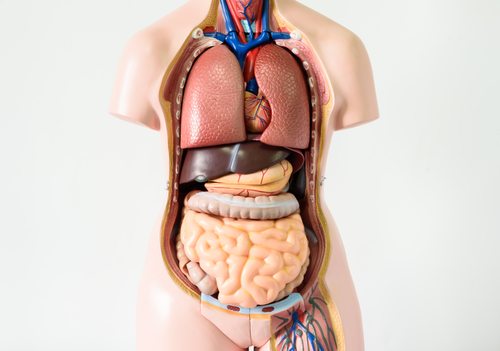NIH Finances 13 Research Projects to Develop 3-D Models of Human Tissue for Kidney Disease, Other Illnesses

The National Institutes of Health will support 13 research projects to develop 3-D models called “tissue chips” that recreate the complex biologic mechanisms of chronic kidney disease and several other disorders.
The awards, totaling $15 million annually, will finance the first two years of a five-year program to test potential therapies, expand knowledge of disease development, and help to more accurately predict how patients will respond to therapies.
The Tissue Chip awards are supported by the Tissue Chip for Drug Screening, a program of the NIH’s National Center for Advancing Translational Sciences, in collaboration with several other organizations.
“The goal is for these tissue chips to provide more accurate platforms to understand diseases, and to be more predictive of the human response to drugs than current research models, thereby improving the success rate of candidate drugs in human clinical trials,” Dr. Christopher P. Austin, the center’s director, said in a news release.
This year Tissue Chip for Disease Modeling and Efficacy Testing awardees will focus on a wide range of diseases including kidney disease, rheumatoid arthritis, amyotrophic lateral sclerosis (ALS) and Parkinson’s disease, as well as heart and vascular disease.
The first of two projects related to kidney disease, “Kidney Microphysiological Analysis Platforms to Optimize Function and Model Disease,” will take place at Brigham & Women’s Hospital in Boston. The team, led by Dr. Joseph Vincent Bonventre and Luke Lee of the University of California-Berkeley, will develop 3-D organ-like models of kidney based on human pluripotent stem cells. These systems will recreate the normal kidney biology as well as the mechanisms involved in genetic and non-genetic kidney disorders. Using cells derived from healthy patients, the platform will provide a way to test potential therapies for Alport syndrome and other conditions that affect the glomerular basement membrane or other kidney structures.
The second project, “A Microphysiological System for Kidney Disease Modeling and Drug Efficacy Testing,” is led by Dr. Jonathan Himmelfarb of the University of Washington, Seattle. He and other researchers will use what they call a “kidney-on-a-chip” — basically a 3-D system that uses human kidney cells to recreate the function of key structural components of the kidneys, in combination with human pluripotent stem cells. This system also aims to provide a new research platform for toxicology and efficacy studies of potential therapies for kidney diseases.
In the program’s second phase, researchers will collaborate with pharmaceutical companies to further evaluate, develop and validate their kidney models in future drug testing.







Leave a comment
Fill in the required fields to post. Your email address will not be published.